Experts warn using this feature on your oven will cut the life span of your appliance in half – here's why
From costly repairs to full on breakages, the self clean function may cause more harm than good
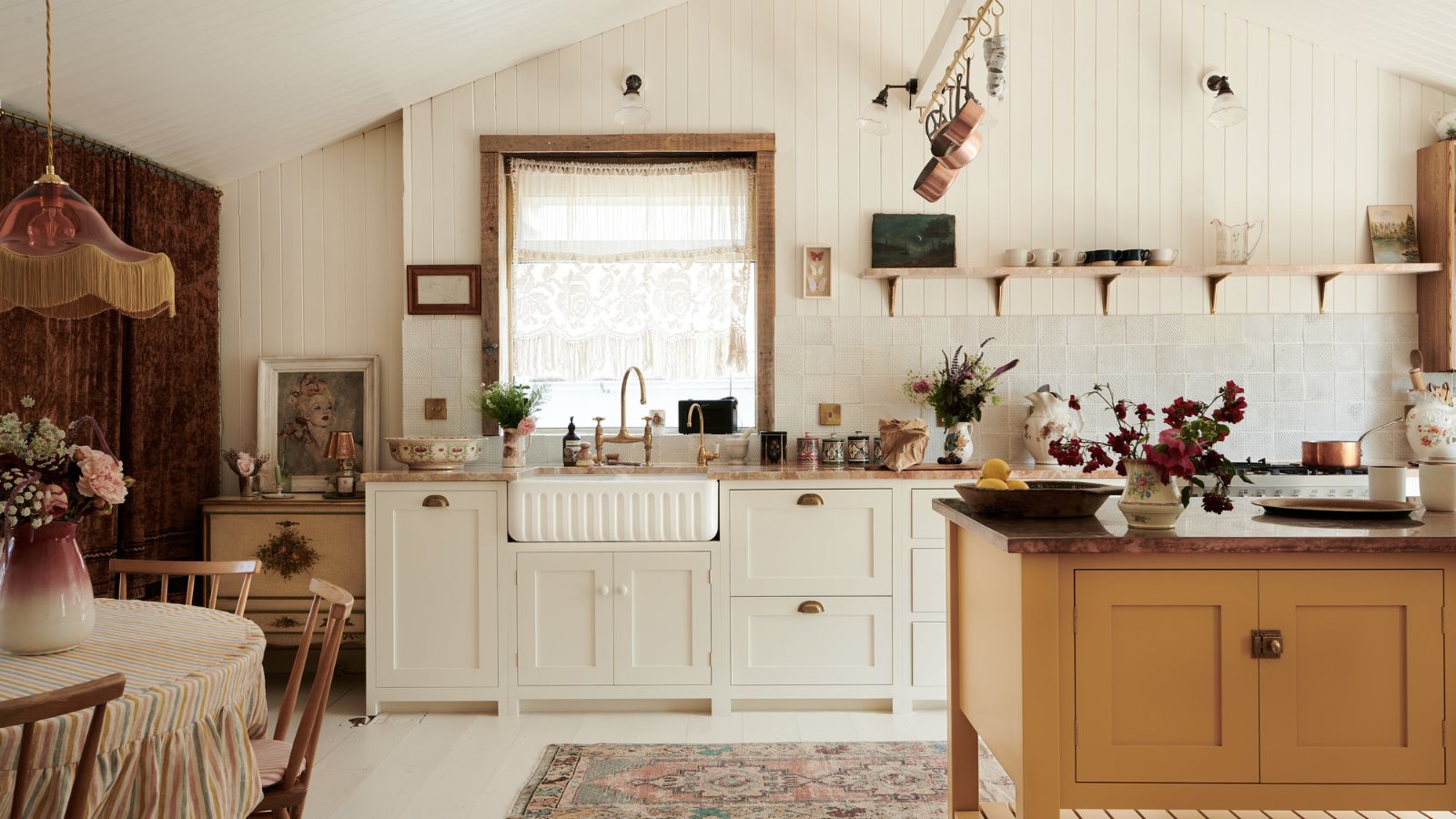

The oven is one of the most tricky and tiresome appliances to clean when it comes to the kitchen. Becoming quickly caked in grease, grime, and burnt-on food – it usually requires more than a little elbow grease to get it sparkling.
For this very reason, the 'self-cleaning' feature on your oven might seem like an easy and attractive option. But, experts warn it could actually damage your appliance and shorten it's lifespan, making it a function to never use.
Here, we spoke to an appliance expert to find out exactly why you should avoid this when cleaning an oven, and how to reduce the need for regular refreshes.
Why you should never use the self-cleaning feature on your oven
In a world of unusual oven cleaning hacks, why is this one, which is built in to your appliance, the oven mistake best avoided?
Glenn Lewis, appliance expert at Mr. Appliance, a Neighborly Company explains, 'The self-cleaning cycle uses extremely high heat to burn off any residue that is on your oven cavity. This high heat for several hours can damage worn or older parts of your oven control system,'
It can even cause irreparable breakages and resulting in warning signs it's time to replace your old appliance.
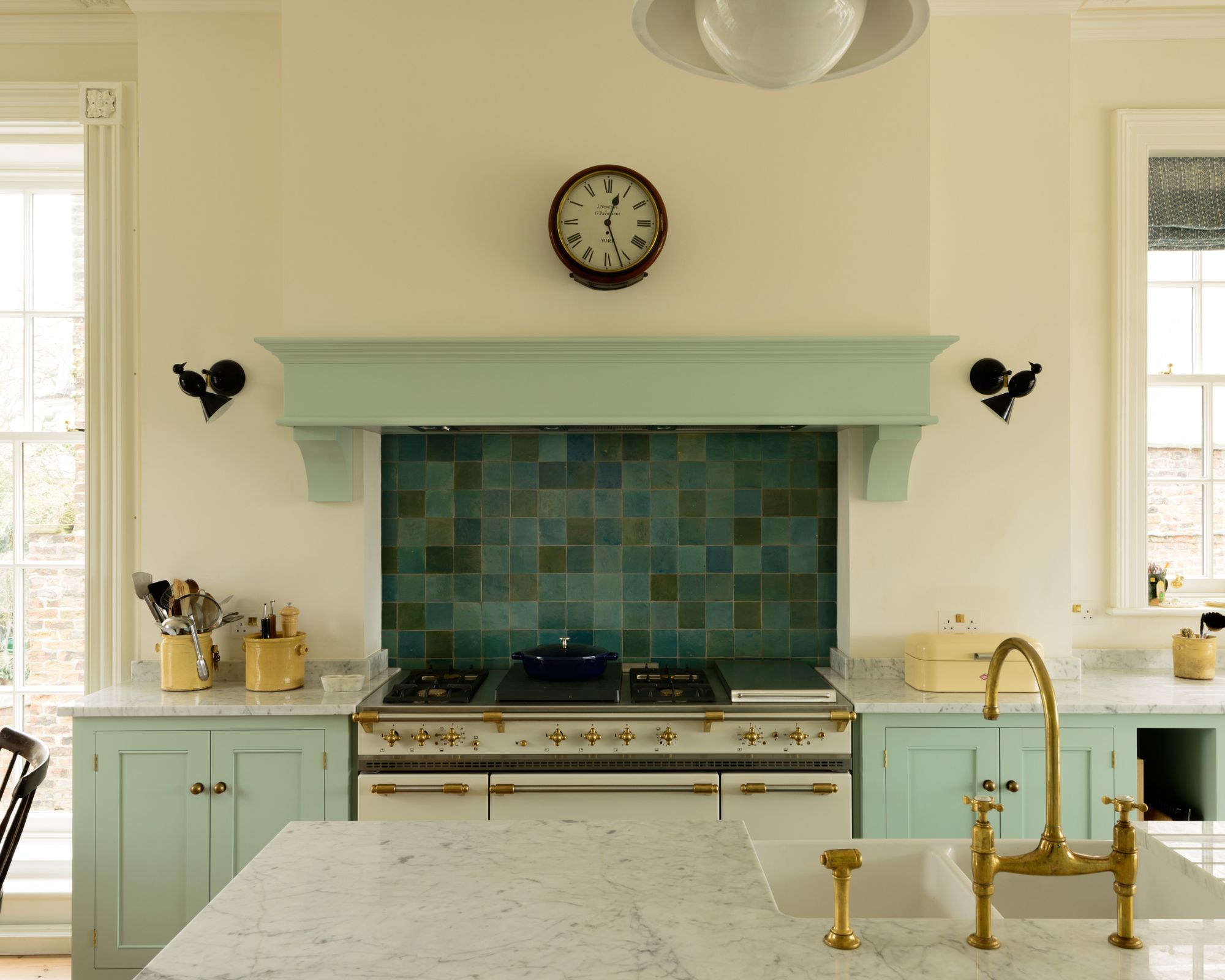
In fact, while this feature is meant for tackling light soils between deep-cleans – and, if you're not sure how often you should clean your oven, once a month is recommended – it's actually more likely to leave you needing to call pros to come and fix it.
Design expertise in your inbox – from inspiring decorating ideas and beautiful celebrity homes to practical gardening advice and shopping round-ups.
'Depending on the availability of parts and the scheduling needed for appliance experts to come to your home and fix your oven, you might be without it for a day or two, or possibly a week or more,' continues Lewis.
But, as Lewis points out, while certainly not recommended, you can minimize risks by making sure you read and follow the cleaning procedures that are outlined in your use and care manual. 'There is nothing wrong with using the self-cleaning cycle as long as you understand there is a chance of being without your oven for a few days if a part malfunctions.'
If you're not willing to take the risk, Lewis recommends cutting down on the need for oven cleaning by using covers or lids on your oven dishes where possible, and being careful not to spill any grease in the oven or on the door when removing things like turkey or hams.
You can also use baking sheets or foil, such as the Amazon Basics Heavy Duty Aluminum Foil available at Amazon, to catch spillages, just be sure to clean up any that do still happen swiftly. Just remember that cooking oils and fats are never to be poured down your sinks and need disposing off in the trash once cool.
You should also take the time to regularly clean your oven racks, using dish soap, ammonia, or a commercial cleaner, such as the Easy-Off Fresh Scent Heavy Duty Oven Cleaner available at Target.
If you prefer to clean your home without harming the planet, you can also tackle this arduous task by cleaning with vinegar, baking soda, or even use aluminium foil as a scourer to remove baked-on, stubborn stains and residue.
To clean your oven without chemicals in general and whilst avoiding the self-cleaning feature, our green-cleaning guide is filled with tips from professional cleaners to get yours grease-free and (almost) flawless.
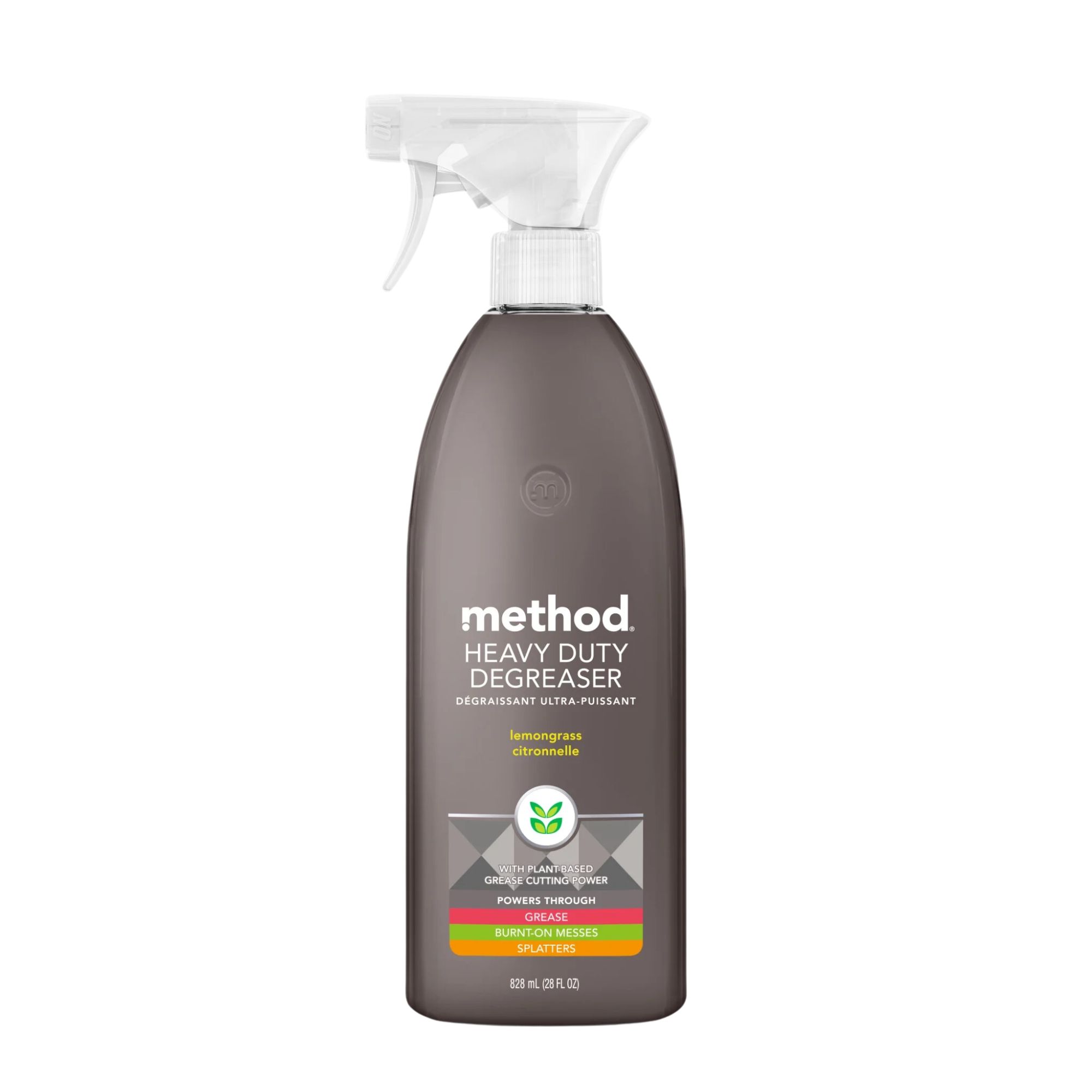
This effective degreaser proves you don't need to use chemicals to clean your oven, powering through grease, grime, stubborn stains and burnt-on splatters with ease.
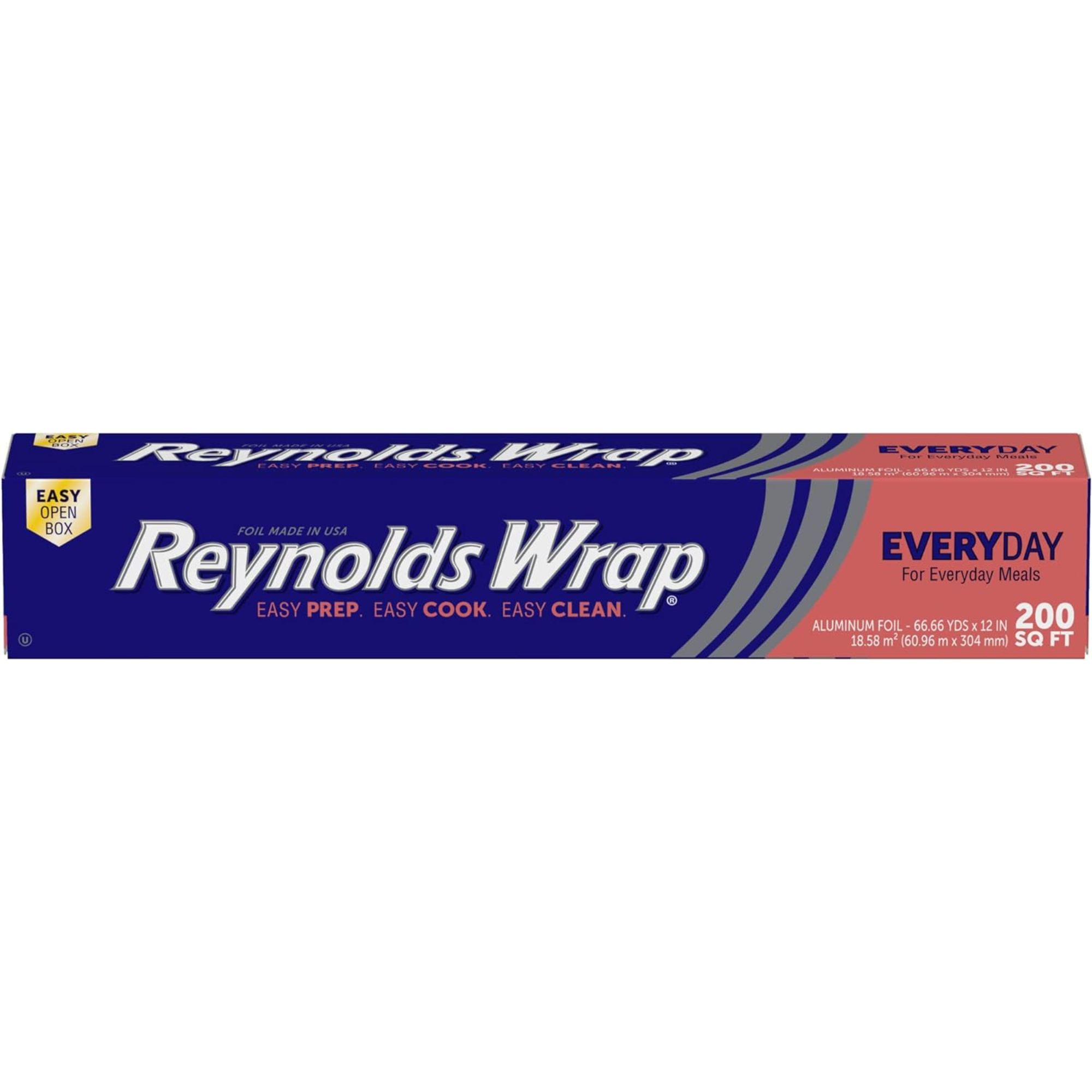
With versatile aluminium foil is a kitchen staple, useful for protecting sheet pans for easy cleaning, wrapping food for freshness, or keeping food warm when hosting.
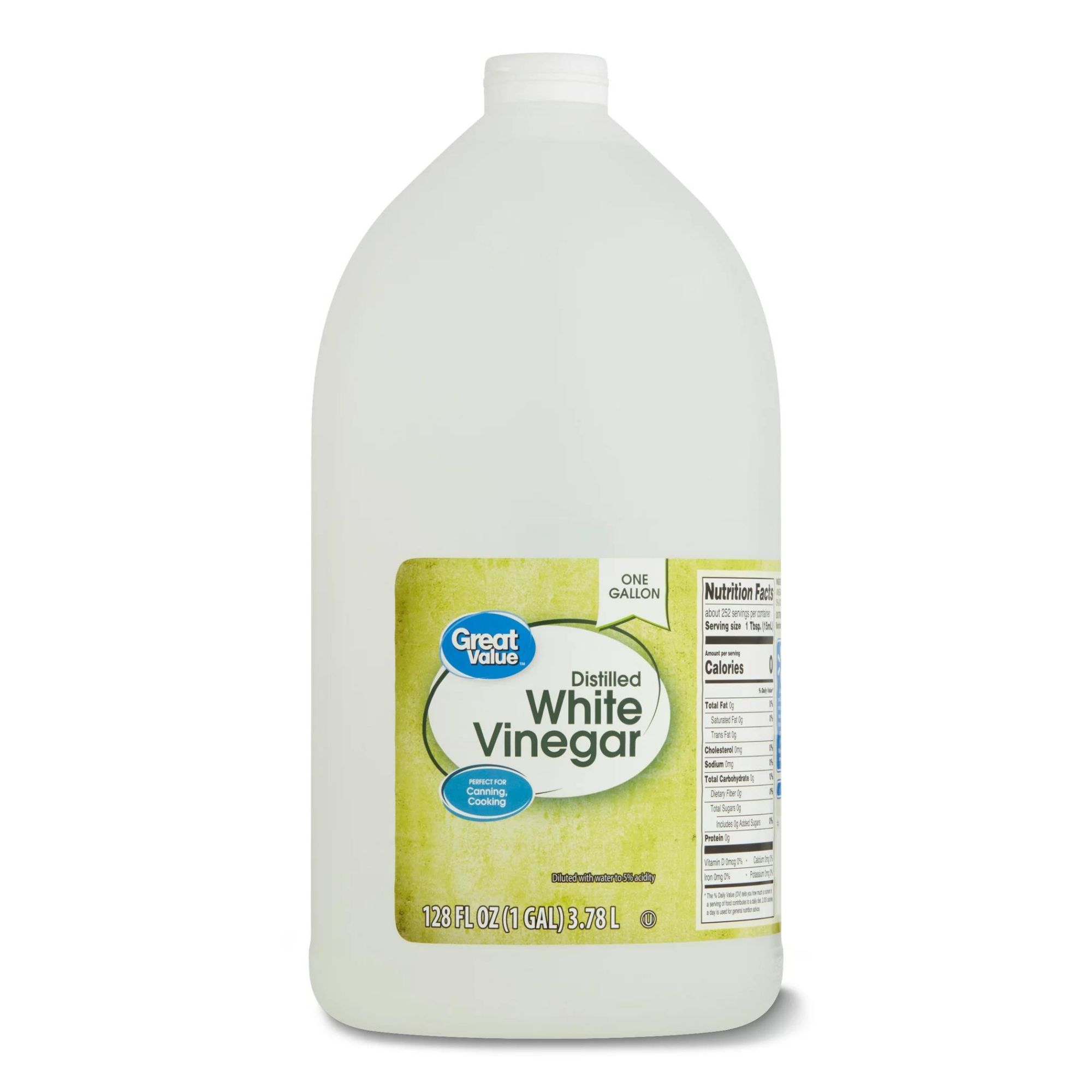
This vinegar is distilled to 5% acidity, strong enough to tackle cleaning your oven without causing any damage. It can also be used to clean stainless steel pans with vinegar, too.
FAQs
Is it ok to clean a self-cleaning oven?
If you've already invested in an appliance which features a self-cleaning setting, don't worry – it's perfectly safe to clean them by other means, and using it is absolutely not essential. Why not try cleaning your oven with lemon, for a streak-free and sustainable shine.
Despite being an essential cleaning supply, there are a few things you should never do with oven cleaner. From, surprisingly, using it on oven doors, to trying to unclog your kitchen sink, a little know-how can protect your home, and yourself, from damage.
Next learn the costly mistakes that are reducing your appliance lifespans.

Ottilie joined Homes & Gardens last year, after finishing a Master's in Magazine Journalism at City, University of London. With previous contributions in Livingetc and Motorsport Magazine, she produces content for the Solved section on the website, focusing on clever tips and tricks to keep your home beautiful, organized, and clean, with particular expertise on all things home fragrance. She also has a Master's degree in English Literature and History of Art from the University of Edinburgh, where she developed a love for inspiring interiors and architecture.